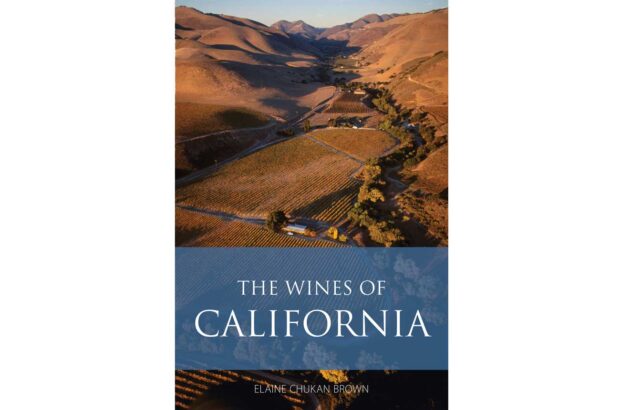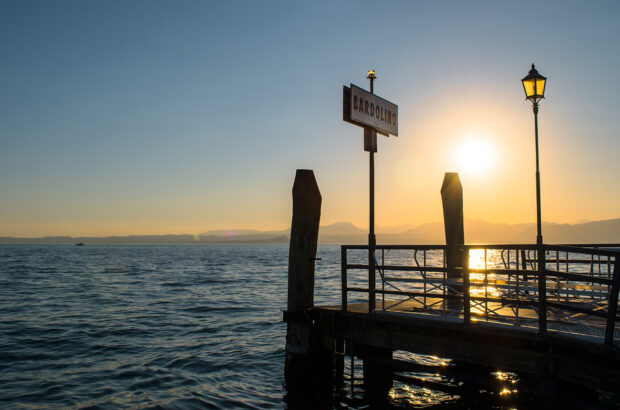Wine drinkers across America are being hampered by outdated state wine laws, which vary in severity depending on where a person lives, new research claims.
Picture: © ZUMA Press, Inc. / Alamy
In a scathing report published this month, the American Wine Consumer Coalition claims that ‘nearly every state imposes restrictions that deprive wine consumers of access to the wines they want.’
The report, called Consuming Concerns: The 2013 State-by-State Report Card on Consumer Access to Wine laments the existence of wine and alcohol laws ‘from the 1930s’ that are ‘still in place in most states, despite a cultural, economic and commercial reality that is starkly different [today].’
In the report by the Washington D.C.-based consumer group, each US state is ranked against the criteria of winery shipping, no state monopoly on wine sales, retailer shipping, Sunday wine sales, taking wine into restaurants, and wine Sales in Grocery Stores, and before receiving an overall grade from A to F.
Some 12 states in particular – Alabama, Colorado, Delaware, Indiana, Kentucky, Massachusetts, Mississippi, Oklahoma, Pennsylvania, Rhode Island, South Dakota and Utah – were awarded with the failing grade ‘F’ for having the most restrictions: from prohibiting direct wine shipments and wine purchases in grocery stores, to setting up state monopolies that restrict consumer choice – and forbidding individuals from bringing their own wine to restaurants.
However the report praised California, Missouri, Nebraska, New Hampshire, Oregon, Virginia and the District of Columbia with an ‘A+’ rating, because wine consumers enjoy ‘outstanding access’ to wine from a wide variety of sources (wine shops, grocery stores, direct shipment from wineries and wine retailers inside the state and outside the state).
Read the full report here
Written by Panos Kakaviatos







